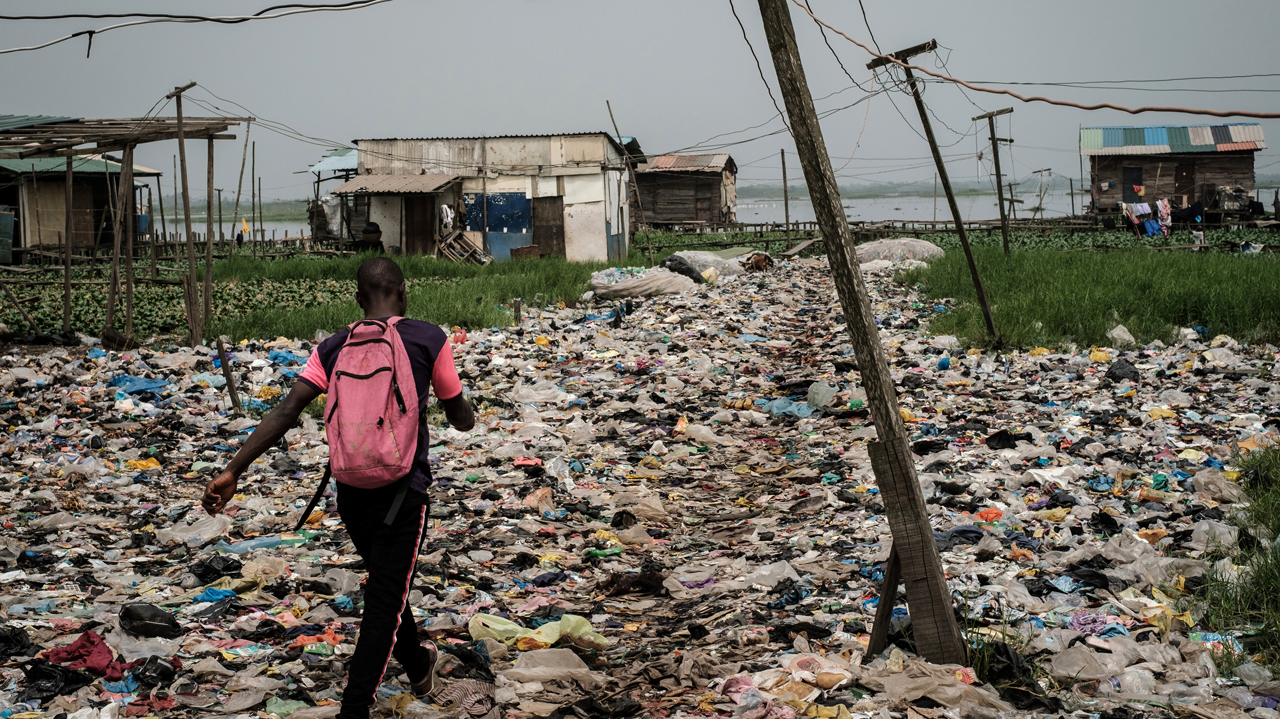Lagos State government’s July 1, 2025 enforcement of a single-use plastics ban, excluding PET bottles, sachet water, and thicker nylon bags over 40 microns, marks a bold environmental pivot.
Yet, it has also revealed sharp tensions. For many traders and manufacturers, lightweight nylon remains the most practical, affordable packaging for daily goods. Opponents, notably the Unified Nylon Association, say that without realistic alternatives, the ban threatens livelihoods. They are advocating for dialogue, more inclusive and recycling-driven solutions rather than outright prohibition.
The President, Unified Nylon Association, Mrs. Funke Ogunyonbo argued that the government’s proposal to use 40-micron bags is both impractical and unaffordable for the public.
“It is too thick and very expensive to manufacture and for people to afford it,” she said.
Ogunyonbo said the high production cost would be passed on to consumers, contributing to inflation and placing an additional burden on households already grappling with a difficult economy.
The association’s Vice President, Salamotu Aminu Godabi, described the ban as a great mistake that would cause significant hardship for those whose livelihoods depend on the industry.
She asserted that proper waste management and public sensitisation are more effective solutions than a ban.
“The waste is money itself, it is wealth. It can even create more jobs if the government does it properly,” Godabi said, suggesting that disused nylon could be collected and converted into new products, creating a circular economy.
The Assistant Secretary of the association, Mr. Akin Apata, stated that many materials contribute to dirt. “We are telling them that whatever they want to do; consult us, let us brainstorm together and put a lasting solution to the problem,” Apata said.
He underscored the complexity of the issue, pointing out that items like bread, detergents, and chocolates are packaged in single-use materials that cannot be replaced by thicker, reusable bags.
He reiterated the association’s call for the government to sit down to analyse the situation with them to find a better way forward.
A cloth merchant in Balogun Market, Alhaja Rasheedat Raji, lamented the inconvenience the ban will pose in her business.
“For years, I relied on lightweight nylon bags to package customers’ clothes. These bags are cheap, waterproof, and protect fabrics from dust and dirt. Cardboard boxes are too expensive, and paper bags will get wet in the rain. What am I supposed to use now?” she asked.
A vegetable seller, Mr Anidu Umar, is concerned about keeping his produce fresh. He pointed out that things like fresh pepper, Ugwu leaves and ginger need to be wrapped in a way that prevents moisture loss. “I tried using thicker bags, but they are too bulky and cost twice as much,” he said.






